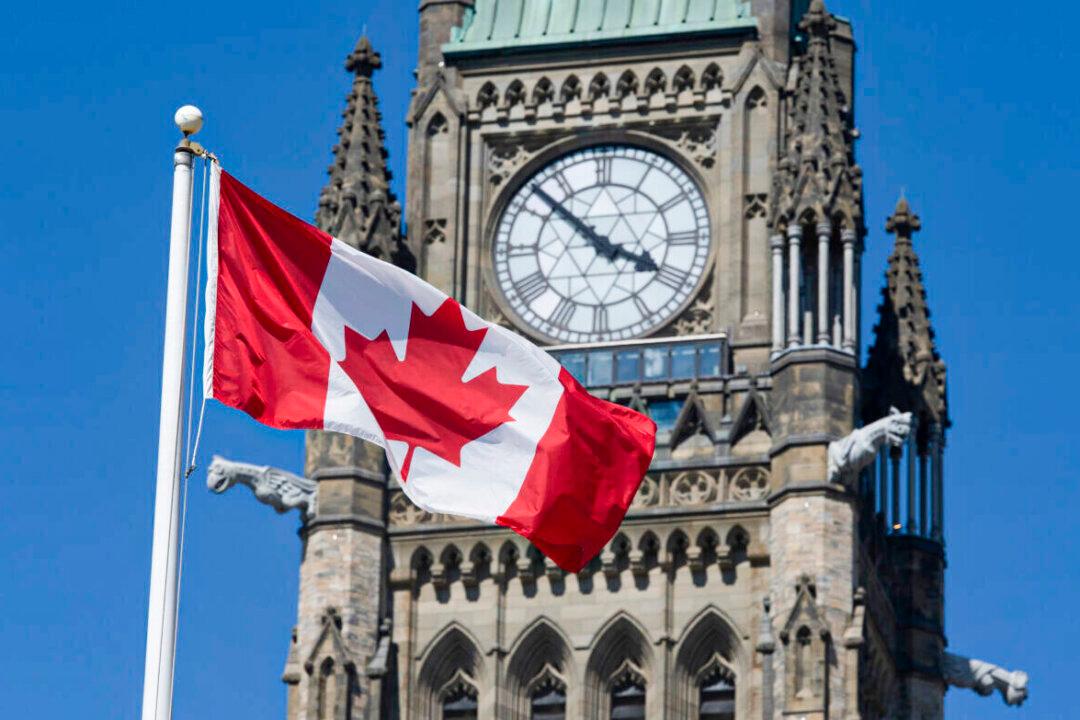Federal employers will be required to spend an estimated over $16.6 million annually to provide workers with menstrual products if proposed regulatory changes are implemented to fulfill a Labour Program mandate, according to a government analysis report.
“The absence of menstrual products in the workplace can translate into physical and psychological health and safety risks for menstruating employees,” reads the report titled “Regulatory Impact Analysis Statement,” dated Oct. 15.





